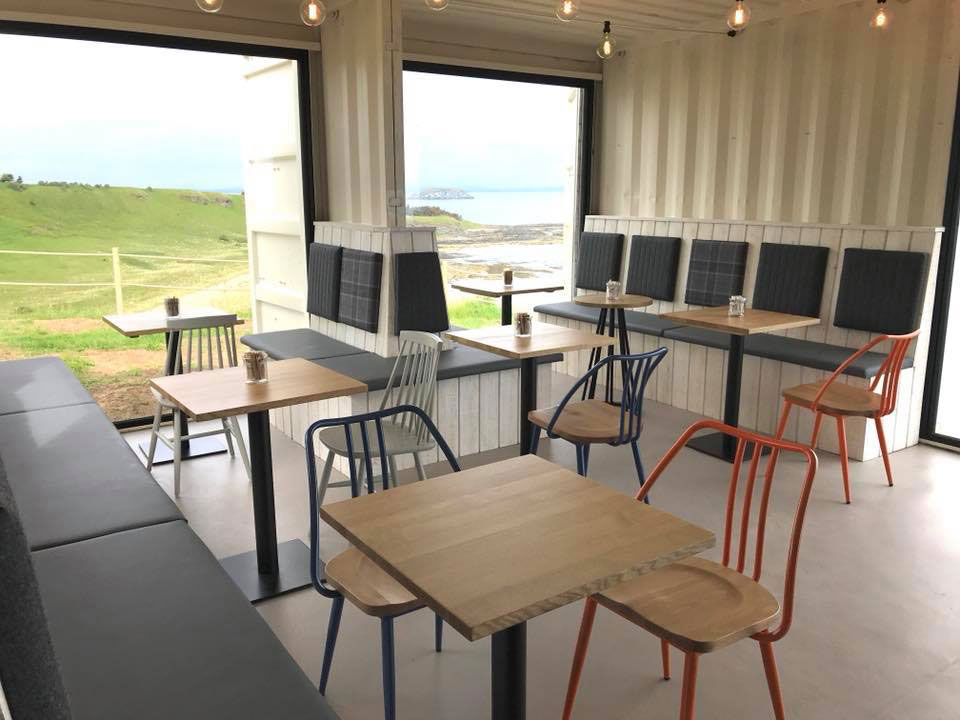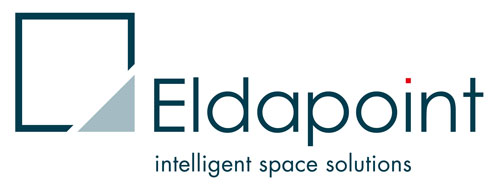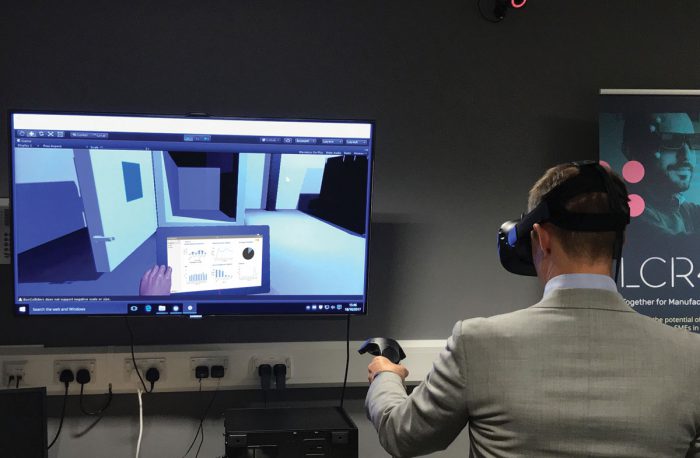Eldapoint
Eldapoint produces intelligent space solutions for a vast array of sectors. Specialists in container conversions and modular unit manufacturing, they provide a range of solutions, from container conversions to bespoke manufactured units.
Based in Knowsley Industrial Park North, Merseyside the company designs, plans, builds and installs space solutions for clients. Their experience and range of products includes pop up bars and nightclubs, restaurants, cafes, classrooms, nurseries, luxury glamping facilities, retailing space, as well as manufactured solutions for welfare units, equipment buildings and even fire and blast resistant buildings.

Approaching LCR 4.0
With over 50 years of experience, Eldapoint understands the need for innovation to remain competitive within the industry. Currently using printed catalogues and 2D drawings, the company wanted to explore the opportunities of investing in new and modern technologies in order to reinvent the way they communicate with their customers and potential clients, finding an innovative approach to accelerate the design process and offer clients the ability to virtually explore a number of custom designs, before committing to fabrication.
Eldapoint had a desire to ‘bring the space to life’ for customers, allowing them to explore space in a virtual world before final sign off and build. The company wanted ideas to flow with customers at the core of that planning stage.
Partner Support
The Virtual Engineering Centre (VEC) worked closely with Eldapoint, exploring their current product line and 2D catalogue of containers to assess the best way to translate to a digital and interactive record. The VEC suggested exploring how the company could take their existing CAD data to serve as the basis for a virtual prototyping demonstration. This would not only showcase the containers digitally but provide virtual interaction and customisation for their customers, which would include transferring the current 2D drawings and converting to 3D renderings, adding authenticity to the vision and catalogue which would look more appealing to clients.
Results
The VEC created a digital showroom demonstrator for a number of products which can be customised, allowing customers to select wall colours and textures, choose between floor panels, window types and even add a range of furniture and décor to allow the customer to customise and explore a design prior to committing to a design for final fabrication.
This VR experience allows customers to rapidly refine and approve draft designs, using immersive technology, reducing the number of costly design changes that could incur after fabrication begins. The technology allows Eldapoint to build towards a virtual prototyping approach that breaks down design barriers while also overcoming physical distances, using this technology to enable clients to explore designs without having to visit the Eldapoint factory, offering greater customer convenience.
Eldapoint customers can explore an interactive experience, engaging directly with the product to ensure they have a realistic and creative view of the options available, as opposed to imagining what these could look like based on traditional means. Eldapoint is also hoping this enhanced customer journey will set a path for how they and their customers work closer, which in turn should increase sales growth, deliver further business efficiency and potentially change the way the industry works.
Working with The Virtual Engineering Centre at The University of Liverpool has been creative and innovative. The partnership has brought something very exciting to the industry that will drive new solutions across a number of sectors for many people. The process has been something that truly demonstrates the value that can be gained for commercial organisations working in collaboration with the educational sector.
Andy Blount, Eldapoint Finance Director
Working to the Future
Working with the VEC has demonstrated to Eldapoint the potential of creating a digital twin of their products, not just for planning and customisation purposes, but also as a tool for engaging with a wider range of stakeholders.
The digital assets used to create the VR customisation showroom can also allow for web-based planning and digital customisation tools, allowing Eldapoint to overcome geographical barriers and has the potential to provide a higher degree of planning and customisation through web and tablet-based platforms, adding a new dimension of resource planning and supply chain visibility for the future.



